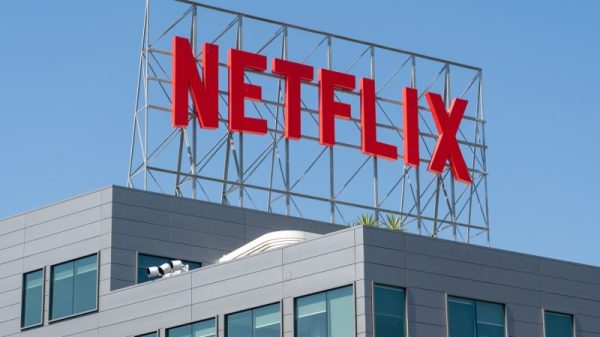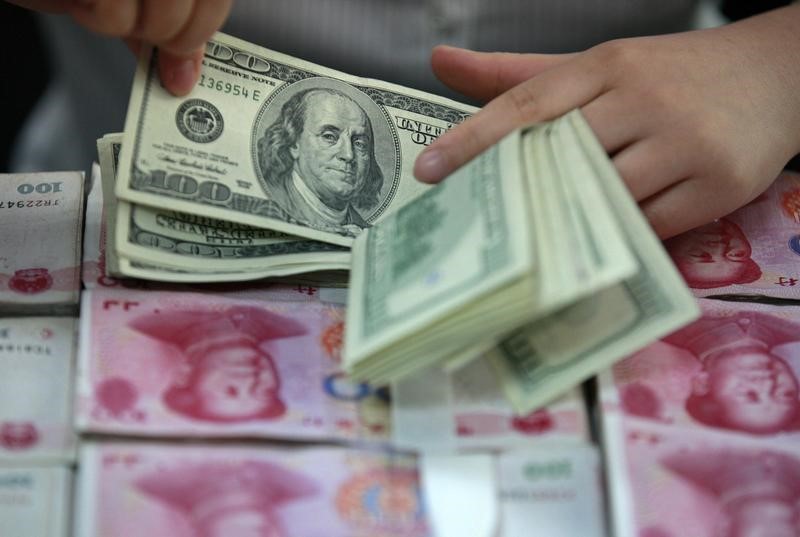Investing.com — As per analysts at Citi Research, if a 60% universal tariff were imposed on Chinese goods entering the U.S., the economic impact on China would be severe, potentially reducing China’s GDP growth by an estimated 2.4 percentage points.
This tariff proposal, associated with policy discussions by U.S. political figures, represents an increase over previous tariffs, which were approximately half as restrictive.
A tariff of this magnitude could effectively price Chinese goods out of the U.S. market altogether, according to Citi’s analysis of the economic response during the 2018-2020 trade tensions.
Citi identifies three critical impacts of this hypothetical tariff scenario on China’s economy. First, Chinese exports to the U.S., which represent 14.8% of China’s total exports and contribute nearly 2.8% to its GDP, would face severe reductions.
Given the assumed passthrough of tariff costs to U.S. importers, the universal 60% tariff could result in higher prices, leading U.S. demand for Chinese products to drop dramatically.
Under the framework Citi uses, each percentage increase in tariff could reduce U.S. imports from China by over 4%.
In aggregate, this model implies an economic contraction equivalent to 2.4% of China’s GDP, underscoring the substantial headwinds China would face if such tariffs took effect.
The economic fallout from such prohibitive tariffs would likely provoke a robust response from Chinese policymakers. Analysts speculate that China’s central bank, the People’s Bank of China, would prioritize stabilizing the yuan to curb additional financial volatility.
Based on past trade dispute responses, Citi believes the PBoC might strategically allow controlled depreciation of the yuan if tariff tensions persist, estimating that the yuan could reach an exchange rate of about 7.7–8.0 per dollar.
Citi’s economists also anticipate that China would expand domestic stimulus efforts, with a focus on demand-boosting policies and continued investment in technology sectors, in efforts to soften the anticipated economic slowdown.

































